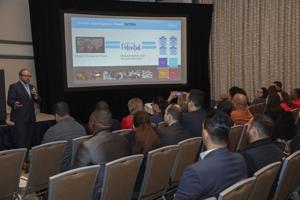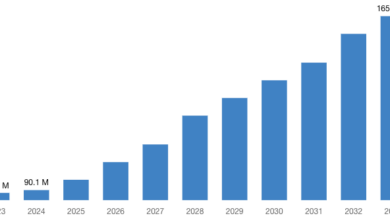Iowa legislators seek to address human trafficking by strengthening licensing laws, creating taskforce

(The Center Square) – Iowa legislators are considering two bills, SF 246 and SF305, to address human trafficking in the state.
A Senate judiciary committee recommended passage of SF 246 on Wednesday, and SF 305 was introduced the same day.
If SF 246 is passed, peace officers investigating complaints of illegal services would be able to ask to see the license and identification of massage therapists and cosmetologists.
Noncompliance and false public representation of license status would be charged as a misdemeanor. Knowingly providing a fraudulent license to allow or coerce another person to perform the service would be an aggravated misdemeanor.
If a minor is performing the service, it would be a class “D” felony, and, if found guilty, the person would be ineligible for a massage therapist or cosmetologist license for at least five years.
Knowingly providing shelter for human trafficking use would also be a class “D” felony. A court could order a defendant to pay for restorative expenses for the victim such as education, health care, housing, or child care.
The American Massage Therapy Association, Iowa Chapter, has requested the legislature pass the bill, according to a statement on its website.
“Without licensing, it would be legal for anyone to offer massage therapy services. Iowa’s massage therapy licensing provisions have provided the state with a way to discourage and prevent illicit human trafficking practices from offering illegal services,” the association wrote.
SF305, a proposal sponsored by Senator Jim Carlin, R-Sioux City, was introduced Feb. 10.
The bill would direct the Iowa’s public safety commissioner to create a taskforce by January 2022 to investigate and combat human trafficking in the state.
The taskforce, which would annually report to the general assembly, would include law enforcement and legal officials, social services professionals, and six governor-appointed members of the general public.
Proposed projects include publicizing resources for human trafficking victims, recommending a model for rehabilitative services for victims, identifying barriers to legal and medical assistance, and protecting families and children who could be victims.
“Given how serious and how abhorrent something like [human trafficking] is, I think the amount of resources devoted to that particular kind of investigation, as I said, need to be strengthened so that people know that in Iowa, if you do this kind of thing, you’re looking at a very long prison term and there’s a pretty good chance that we’re going to find you and we’re going to prosecute you,” Carlin told The Center Square in a phone interview.
Carlin praised Nebraska’s model of responding to human trafficking and he hopes to draw attention to the issues in Iowa.
“It’s not that there’s going to be opposition to [the bill], but I don’t have a fiscal note on what the cost of it would be, but I can’t imagine it wouldn’t be fairly significant as an appropriation, and as Republicans, we try the best we can to live within our means and spend responsibly,” he said. “You have to make your case that this is a good allocation of taxpayers’ resources and here’s why we need to do it.”
Chair of the Board of Directors of the Iowa Network Against Human Trafficking and Slavery George Belitsos said human trafficking is growing in Iowa, in part due to the interstate highways and major arterial roads that human traffickers use to transport victims out of Iowa to other states
Beltitsos estimates that there are about 400 people at any given time being trafficked in the state, based on data from The Human Trafficking Initiative at Creighton University, Polaris Project’s national human trafficking hotline reports, and the Iowa Victim Service Call Center hotline.
While Belitsos told The Center Square in a phone interview that he believes SF305 creates “pretty much a duplication” of the Iowa Network Against Human Trafficking and Slavery, he also said teamwork of the state agencies is crucial.
“We’re really not going to get on top of the problem of human trafficking, or bringing it to an end here in our state, which is our goal, until we have tremendous collaboration and cooperation from all the different state agencies and all the different private agencies, with the backing of the people of Iowa,” he said. “Unity is the only antidote for this terrible crime against humanity that we call human trafficking or modern-day slavery.”
Disclaimer: This content is distributed by The Center Square


